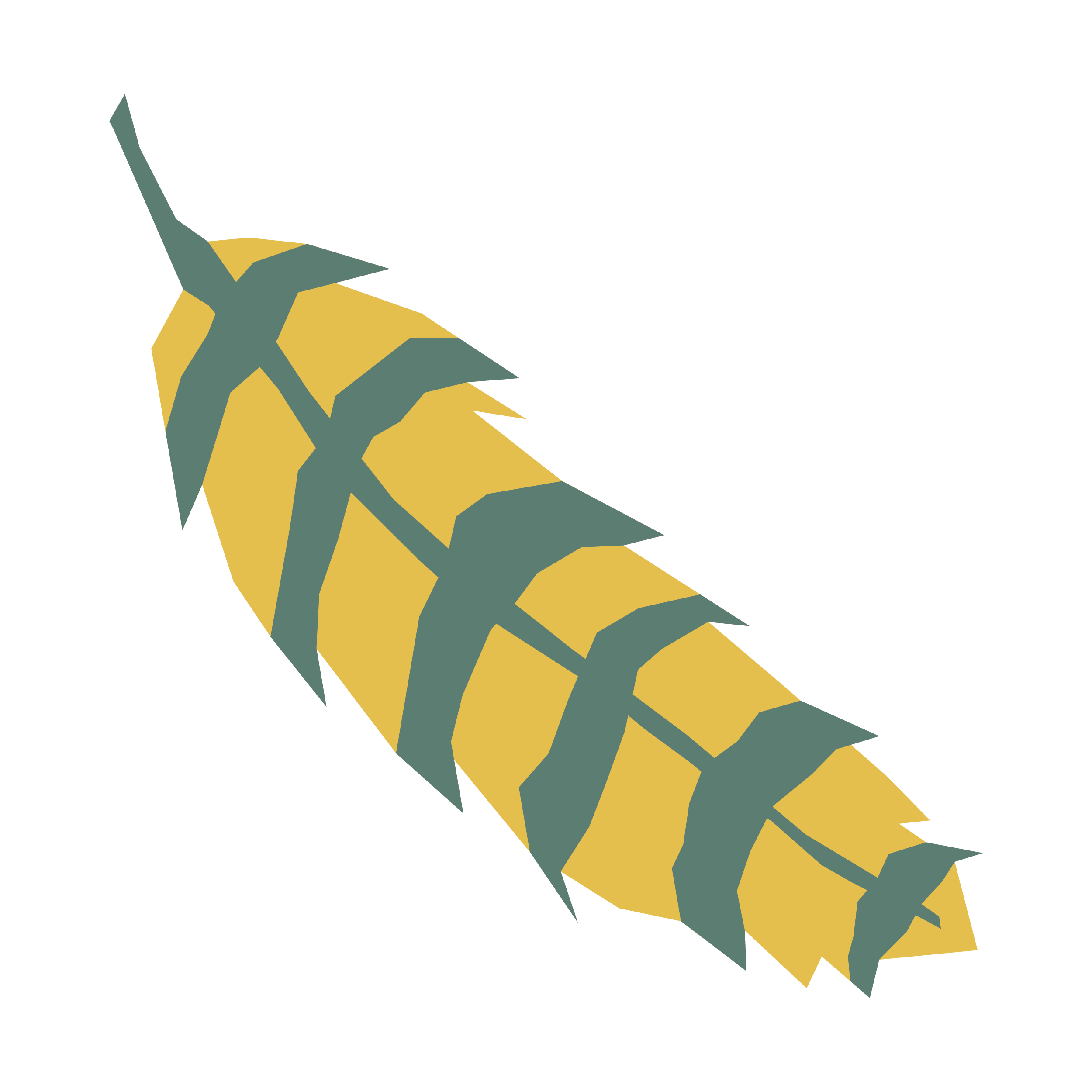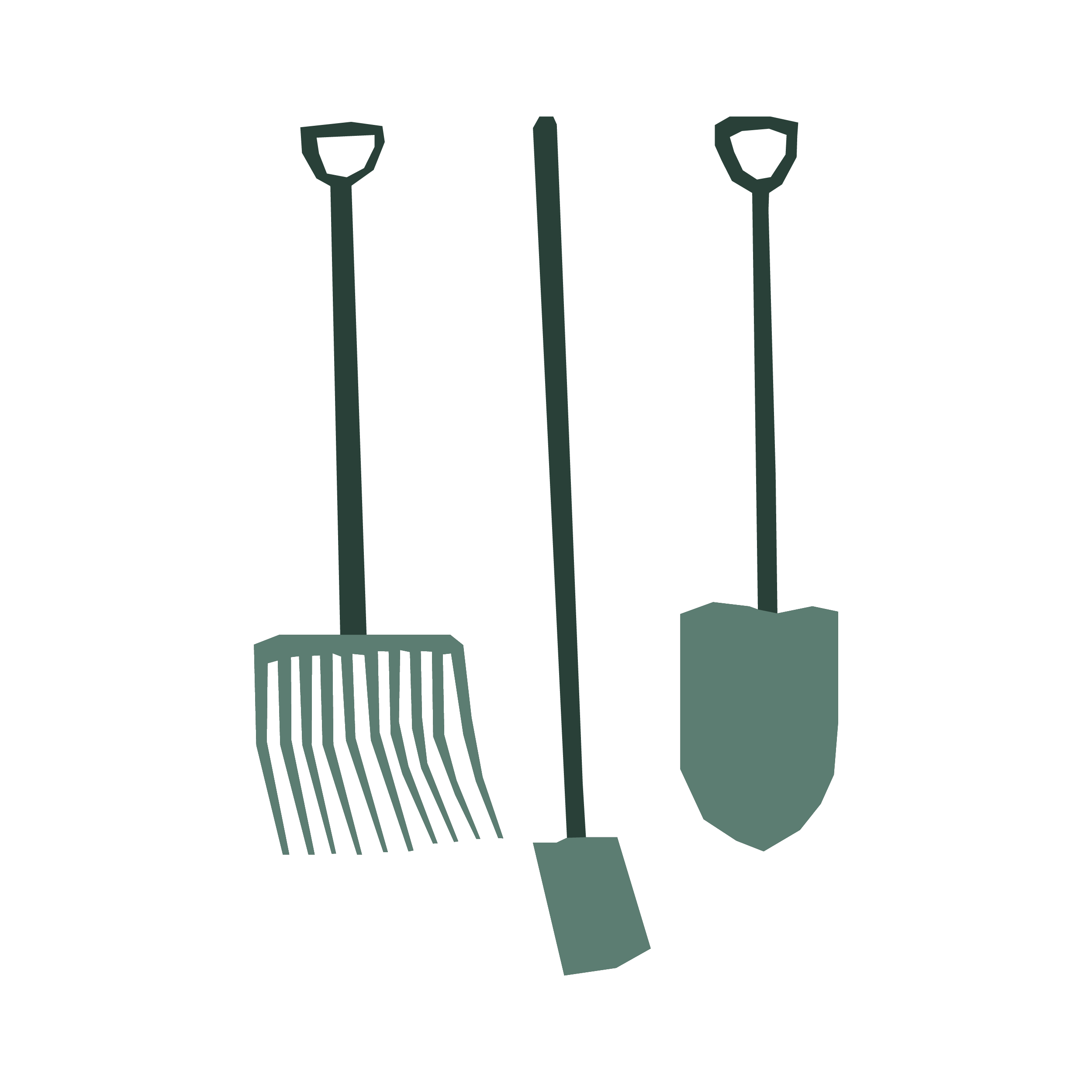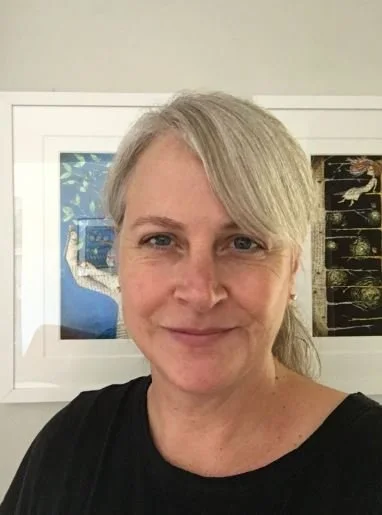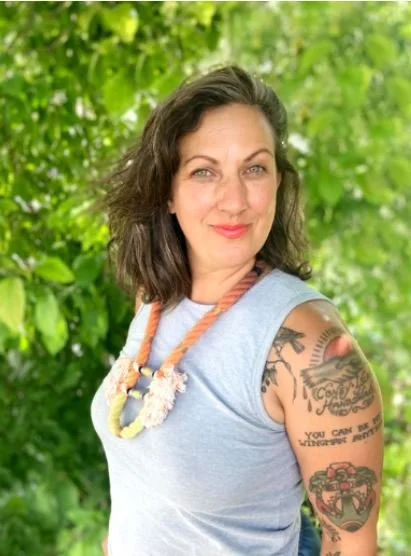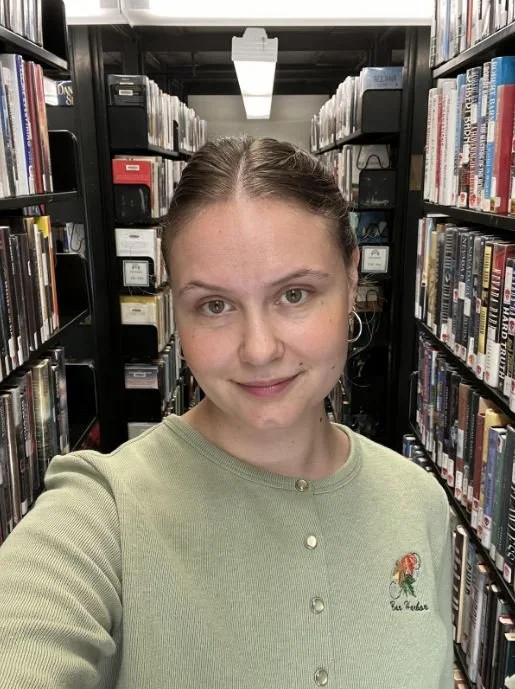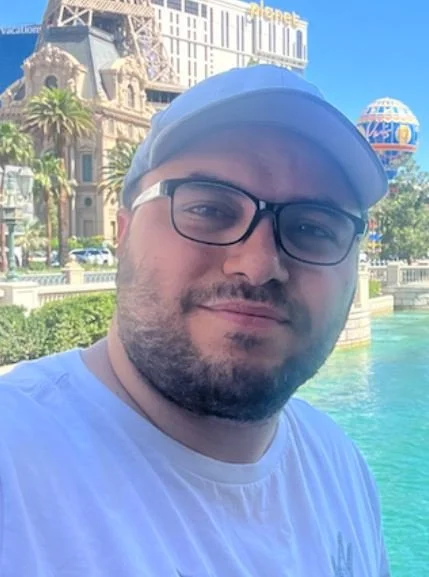About Us
“Re-Storying the West for a Transformative Future: We Are Wyoming” is a three-year project (2024-2027) gathering stories of everyday Wyomingites from all around the state. We are proud to share these gifts with you as we celebrate our wonderful friends and neighbors.
We Are Stories
“The truth about stories is that that’s all we are”: this lesson comes from novelist Thomas King. The stories we tell ourselves shape our identities and communities, and the stories others tell about us can affirm how we see ourselves and surprise us by revealing the limits of how we are perceived. The US American West often gets storied from the outside. Writers and film makers visit and find inspiration in the landscape, wildlife, people, and history here. Yet often, after a vacation or two, they return to their homes and offices and represent (or re-present) the West in only limited and stereotypical ways. “Re-Storying the West” speaks back to the limits of those stories.
The people and places of Wyoming--a territory central to the American West--tell a beautiful range of stories. Our project aims to share and celebrate those stories. We hope you’ll visit the homepage and the main stories page, and while you’re there, spend a little time learning about our friends and neighbors. From Buford to Cody, from Rock Springs to Sundance, and everywhere close by and in between, we are proud to be Wyoming.
Meet our Team
-
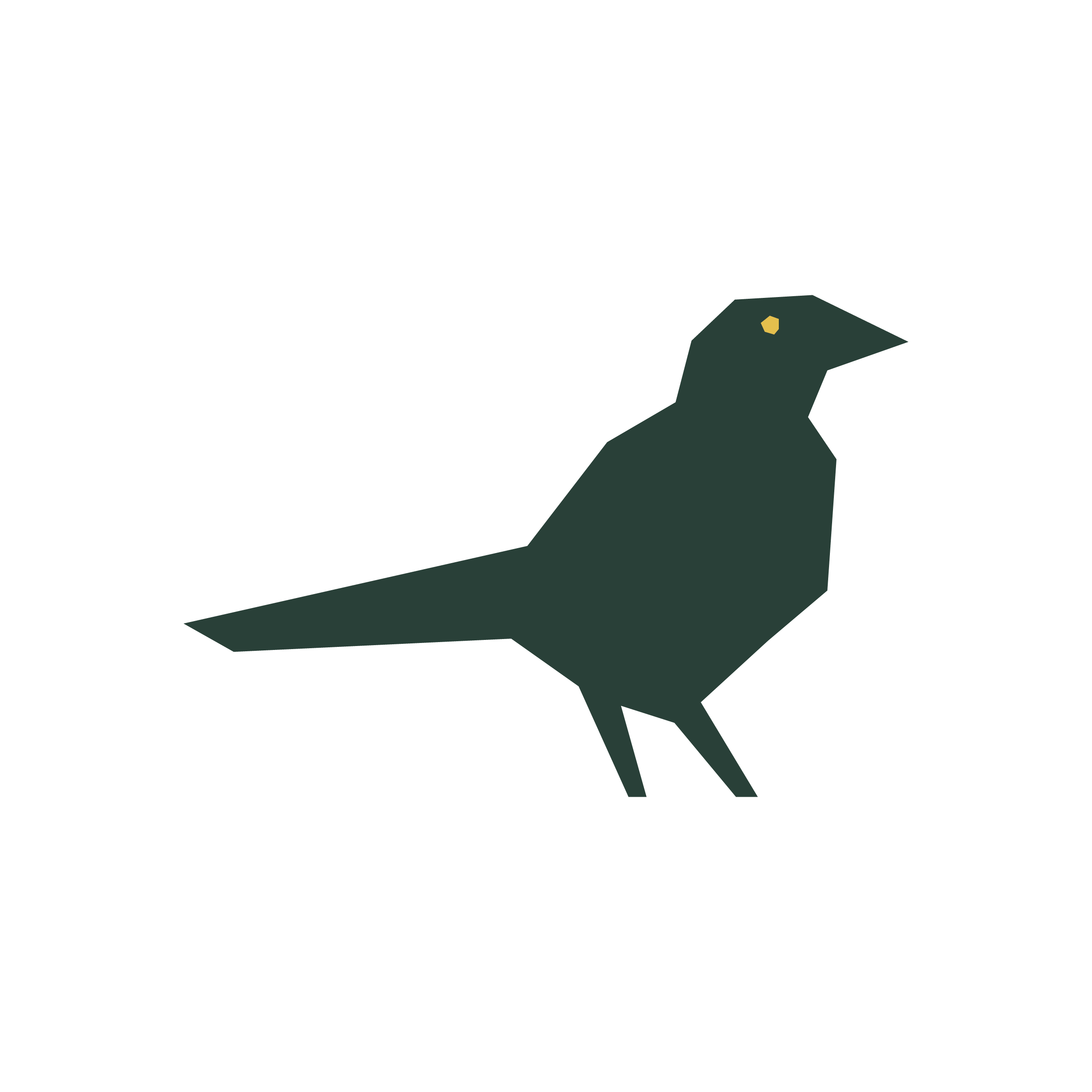
-
Nancy Small
At the request of University of Wyoming leadership, I proposed “Re-Storying the West” to the Mellon Foundation in fall 2023 and was honored to be selected for funding. Our work grows out of my research and teaching, which focus on how the stories we tell shape the communities we live in. My roles include serving as team builder, lead project representative, and facilitator (in other words, “bureaucracy navigator”!). I’ve been in Laramie for almost ten years: I may not have been born in Wyoming, but I got here as fast as I could!
-
Aubrey Edwards
I am a visual artist, collaborative anthropologist, educator, storyteller, memory worker and PhD student in Public Humanities. My socially engaged practice spans the academic, creative, applied, and public spheres, exploring intersections of culture, history, and community. With Re-storying the West, I organize community storygathering events, program professional development opportunities, and serve as a liaison to commission local artists and creatives whose work deepens the project’s spirit and reach. I also steward ongoing web development, helping make regional histories more accessible beyond borders. www.aubreyedwards.com
-
Misty Brodiaea Springer
Before joining the PhD program at the University of Wyoming, I spent two decades working in the non-profit sector in the U.S., Europe and Africa. I have a master’s in Public Administration with a focus on International Studies. I am a Returned Peace Corps Volunteer and a Fulbright Fellow. My bachelor’s degree is from the Theatre School at DePaul University and I spent many happy years working in the theater as an actress, playwright and a director. I lived overseas for over a decade and still prize travel above almost all other pursuits. My role on the project is creating and hosting the Re-Storying the West podcast.
-
Grace Langeberg
I am a nonfiction creative writing student in the University of Wyoming MFA. Originally from the Midwest, I worked on the Re-Storying the West project by conducting interviews, producing audio, and text transcripts of our conversations with Wyomingites. I am grateful for the people I met while working on this project. I will remember their stories for years to come.
-
Abdalrahim Abuwarda
I’m a PhD student in Public Humanities at the University of Wyoming with a background in international studies and storytelling. In the Re-Storying the West project, I work on conducting interviews, transcribing oral histories, and shaping narratives that highlight voices often excluded from dominant representations of the West. Originally from Gaza, my personal journey informs my commitment to listening deeply and documenting stories that reflect complexity, resilience, and cultural nuance.
-
Conor Mullen
I am a socially engaged visual artist and graphic designer who uses participatory approaches to creativity in building equitable and ecologically sustainable futures. I had the pleasure of creating the branding and design work for Re-Storying the West. I live in Laramie with my dog Nora, a skateboard, and bike paths close by. Learn more about my work at www.conormullen.work
-
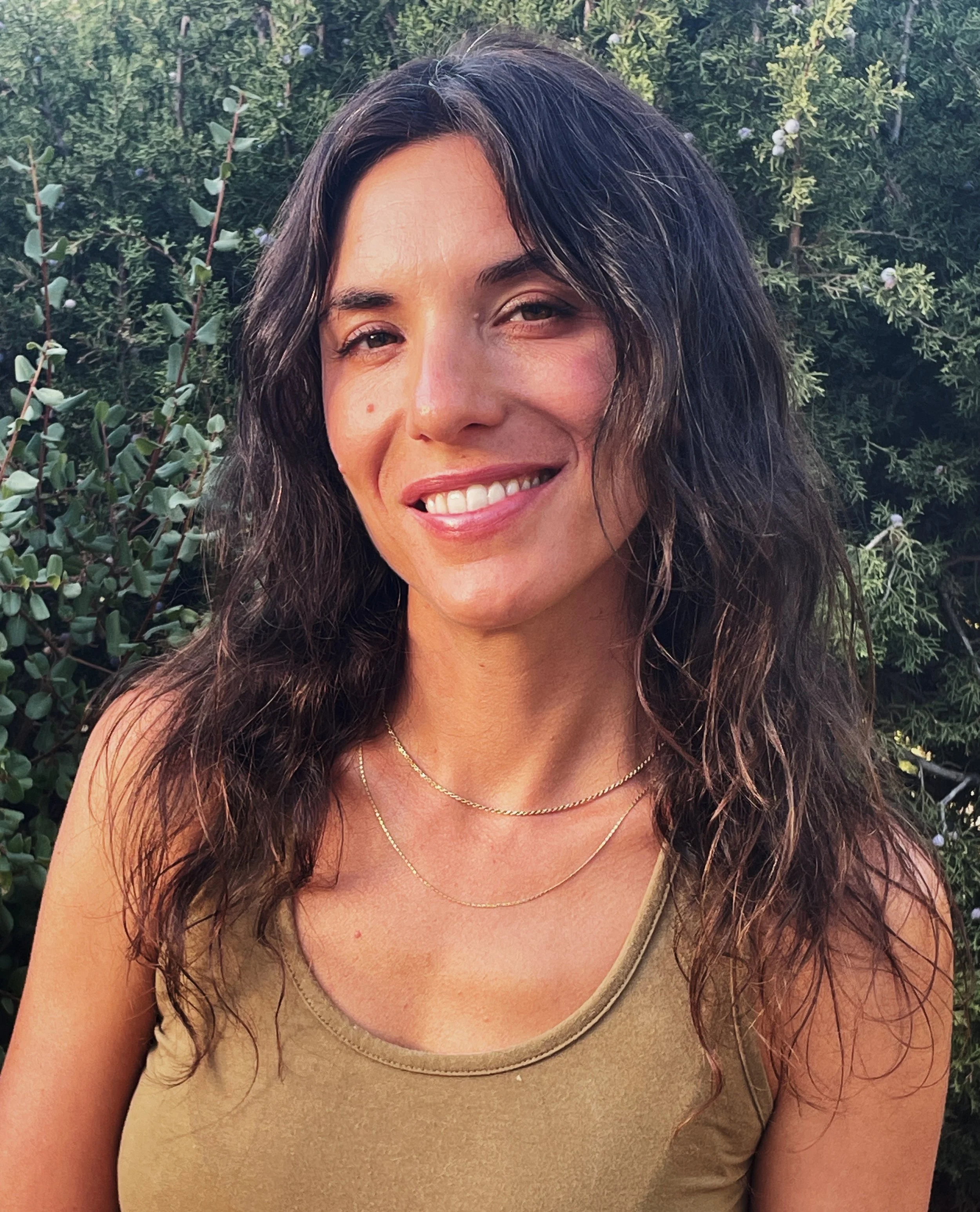
Elena Ricci
I am a photographer and visual artist whose practice is informed by my background in anthropology. Material culture, natural and human made environments, found objects, and personal identity all play significant roles in the conceptualization of my personal and commissioned work. I love collaborating with other creatives on large scale community undertakings, and enjoyed working with the Re-Storying team to build a website for this project. Learn more about my work at www.elena-ricci.com
-

Jess Ryan
Hi Good Humans! I’m a PhD student in Public Humanities, with a background as a mental health therapist, environmental educator, Reiki Master, and trauma-informed yoga teacher. I founded Our Real Work and co-created Earth School, digital and public platforms offering tools and conversations for personal, spiritual, and planetary healing. I explore how shifts in consciousness show up in stories, rituals, and cultural texts—especially in times of collapse, grief, trauma, and change. More than anything, I care about the stories we tell and share, and how they can help us make sense of this being human together. www.OurRealWork.com
-
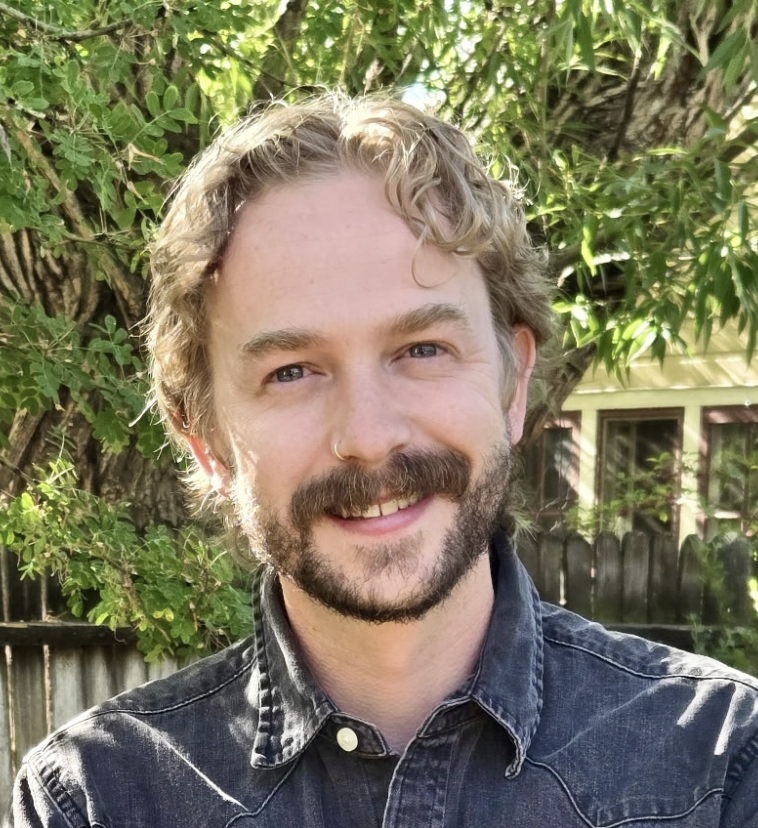
Rob Jackson
Before arriving in Laramie to start in my role as an Assistant Professor, I lived and worked in Edmonton and Toronto, Canada. Since my first summer as an undergraduate student, I’ve been involved in collective creative projects at the intersections of art and engaged study. My first gig in this area was working with improvisational jazz artists to host accessible jam sessions and workshops for teens with various abilities. My most recent one was teaching Indigenous literatures with the Aboriginal Teacher Education Program at the University of Alberta. I’m excited to participate in building resilient and mutual relationships with folks across Wyoming.
-

Nichole Misako Nomura
I'm a scholar of how literature teaches and is taught, blending methods from literary criticism, the digital and public humanities, and education. Studying how stories circulate within classrooms, between people, and across a wide range of communities helps us understand how literature impacts worlds off the page, and how, reciprocally, the world shapes and reshapes our reading experiences. I can't think of any better way to get to know my new home state than by helping to gather and steward stories from across Wyoming.
-

Our Story Gathering Methods
“Re-Storying the West” sits at the intersection of the everyday storytelling we all do and the curiosity of academic knowledge-making. By that, we mean the project humbly recognizes that what we’re up to is a very human activity: everyone tells stories all the time and no one needs a fancy degree or big words to do it. But it also is informed by thinking about stories themselves (what counts as a story? what kinds of stories matter?), ethics (who do we ask to share their stories? what if the stories end up being painful or private?), and practices (how do we go about asking folks to share their stories? how do we honor the spaces where those stories are shared? how do we pass along the stories so others can learn from them, too?).
A story gathering session may be one-on-one or at a community gathering, in person or over Zoom. Typically, it takes 20-30 minutes at most. We explain our project, chat if the story sharer has any questions, and then audio record a story through a brief conversation. If the storyteller has a photo they’d be willing to share related to the story and/or if they’d like to have their picture taken to go along with the story, then we get those details in order, too. In other words, the process is pretty quick and painless! We love all kinds of stories, from the daily kind you might tell someone in the line at the grocery store to the kind that feel like important moments in your life. After sharing a story, the teller and the story gatherer then go over a “gift form” which helps make sure we honor the storyteller’s wishes.
Once the story gathering process is complete, we then “produce” the story using software that helps us trim off bits of the recording that aren’t needed (like when we’re testing the microphone at the beginning) and--if the storyteller has requested it--remove any bits of the recording that aren’t meant to be shared publicly. We then make a transcript and decide on a photo or two or three to go with the story. All production is done by a person. Because we believe sharing stories if the most human of activities, we limit use of artificial intelligence (AI) to local audio transcription and strive to avoid our project being used as training data for machine learning. Throughout the production process, we concentrate on listening to the storyteller and honoring what they have shared. Once the recording, transcript, and visuals are prepared, it’s ready to go on the website and be shared back to our communities.
If you’re interested in sharing a story with us, send us an email at storytelling@uwyo.edu. We’re happy to offer an in-person meeting or to set up a Zoom session.
Gratitude for Support
“Re-Storying the West” is made possible due to the generous support of the Mellon Foundation (2024-2027), the Department of English, and the College of Arts and Sciences.
We first offer special, deeply felt thanks to a specific group of folks who help us navigate complex university systems. Without your guidance and facilitation, this project would be impossible to accomplish:
Vicki Nelson, Assistant Director of Business Operations for the College of Arts & Sciences
Gwynn Lemler, Senior Office Associate for the Department of English
Maria Jacome Espinoza, Business Manager for the Department of English
Logan Arnold, Executive Business Manager for the Department of Visual Arts (formerly in the Department of English)
The Andrew W. Mellon Foundation is the nation’s largest supporter of the arts and humanities. Since 1969, the Foundation has been guided by its core belief that the humanities and arts are essential to human understanding. The Foundation believes that the arts and humanities are where we express our complex humanity, and that everyone deserves the beauty and empowerment that can be found there. Through our grants, we seek to build just communities enriched by meaning and guided by critical thinking, where ideas and imagination can thrive. Learn more at mellon.org.
The Department of English at the University of Wyoming promotes cultural understanding and participation through careful reading, collaborative intellectual inquiry, and a commitment to lifelong learning. Delivering student-centered curricula at the undergraduate, master’s, and doctoral levels, we believe in the value of applied learning and community partnerships. We offer a blend of classes in composition and rhetoric, creative writing, and literary and cultural studies. Visit us at www.uwyo.edu/english/.
The University of Wyoming’s College of Arts and Sciences believes in the transformative power of hands-on experience, curiosity, and community service. It offers programs featuring fine arts, humanities, and social sciences: all foundational to learning and applying the kinds of critical thinking and analysis needed in all professions. To learn more about how we are training and motivating future leaders, visit www.uwyo.edu/as/.

